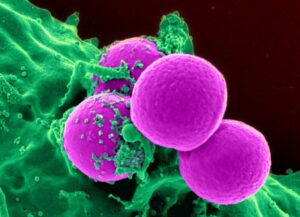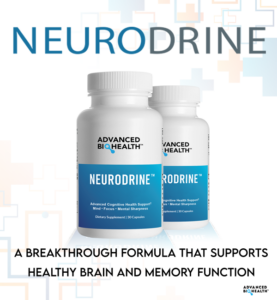What is amyloid plaque and how does it affect memory?

Amyloid plaque is a sticky substance that can build up in the brains of people with Alzheimer’s disease. This plaque can interfere with communication between nerve cells and ultimately lead to loss of brain function and memory. In this article, we will discuss what amyloid plaque is, how it affects memory, and what treatments are available to help manage this condition.
How does amyloid plaque affect memory?
Amyloid plaque is a protein that accumulates in the brain and is thought to be one of the main culprits behind Alzheimer’s disease. The buildup of amyloid plaque in the brain leads to the death of nerve cells and the deterioration of memory and other cognitive functions.
What are the symptoms of amyloid plaque?
One of the most common symptoms of amyloid plaque is memory loss. This can manifest as forgetting recent events, or difficulty retaining new information. Other symptoms can include changes in mood and behavior, as well as problems with language and visual processing. Amyloid plaques can also lead to dementia, which is a decline in cognitive function that interferes with daily life. While there is no cure for amyloid plaque, treatments are available to help manage the symptoms and slow the progression of the disease.
How is amyloid plaque diagnosed?
There are a few ways that amyloid plaque can be diagnosed. One way is through a PET scan, which can show areas of the brain where there is an accumulation of the protein. Another way is through a lumbar puncture, or spinal tap, which can detect the protein in the cerebrospinal fluid. Finally, a biopsy of brain tissue can also be done to look for the presence of amyloid plaque.
How is amyloid plaque treated?
There is no known cure for amyloid plaque, but there are treatments available to help manage the symptoms. Some of the most common treatments include medications to improve memory and cognitive function, as well as support services to help with day-to-day activities.
Conclusion
Amyloid plaque is a protein that can build up in the brain and cause memory problems. It is most commonly found in people with Alzheimer’s disease, but it can also affect people with other forms of dementia. Plaque can damage neurons and make it difficult for messages to be passed between cells. This can lead to memory problems, as well as other cognitive issues.




